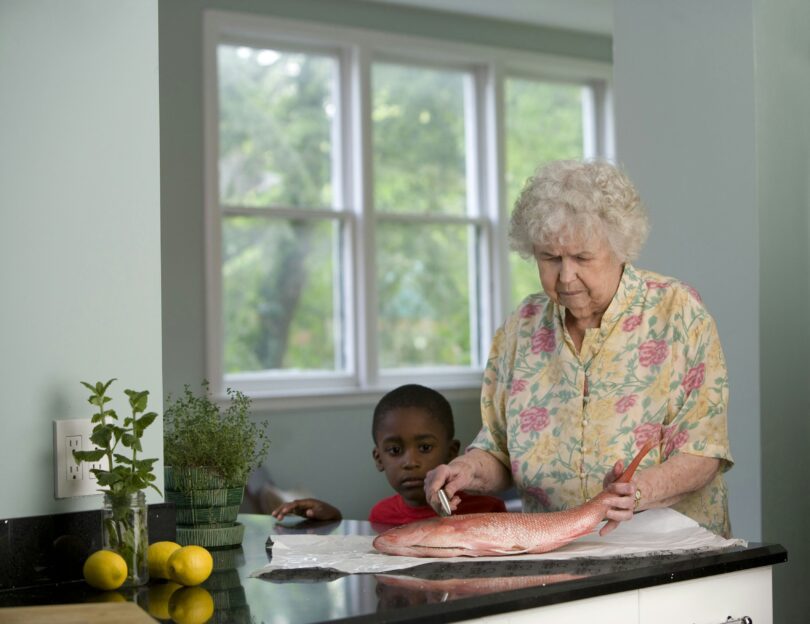At least 5.4 million young Americans are caring for their older parents and grandparents, reports Leah Fabel for KFF Health News. And, the number of child caregivers will likely grow. If the House Republican reconciliation bill passes the Senate, deep Medicaid cuts would mean even greater numbers of child caregivers.
The evidence suggests that it is not healthy for children to be providing elder care. They miss school, they spend less time on their education, and their grades fall. Their health deteriorates; they suffer from depression, stress and anxiety. Moreover, they might not have the skills to provide their loved ones with the care they need.
Nevertheless, in Colorado, a recent study found that nearly one in eight high school students cared for someone in their home with a health condition or a disability. In Rhode Island, more than one in four middle and high school students provide care to a person in their home. Black and Hispanic students are more likely to be caregivers.
The National Family Caregiver Support Program can help young caregivers, through grants. People under 18 can apply for support. But, it’s not clear whether the Trump administration will continue these grants. As it is, the administration has cut staff at the the agencies that provide and oversee these grants.
If they become law, proposed Medicaid cuts will likely mean that state programs that help pay for home and community-based caregiver services for low-income families will end or shrink. These programs were intended to ensure that people with Medicaid needing long-term care could remain at home. They help about one in 20 people with Medicaid.
But, states are not required to pay for home and community-based care for people with Medicaid. They only must pay for nursing home care. So, if the proposed steep Medicaid cuts pass the Senate and become law, it’s more than likely that states will end home-care services.
Here’s more from Just Care:
- House reconciliation bill would push millions off Medicaid
- Republican Josh Hawley argues against Medicaid cuts
- Federal cuts to Medicaid will have devastating consequences for older adults and people with disabilities
- Congress could end overpayments to big insurers in Medicare Advantage and save $1 trillion, without gutting Medicaid
- People with both Medicare and Medicaid can get Traditional Medicare at little cost










